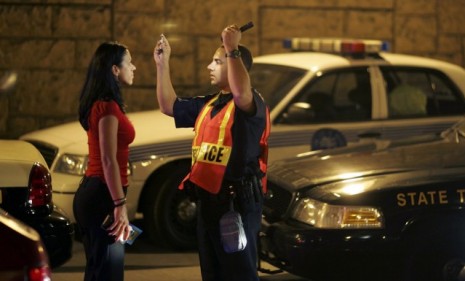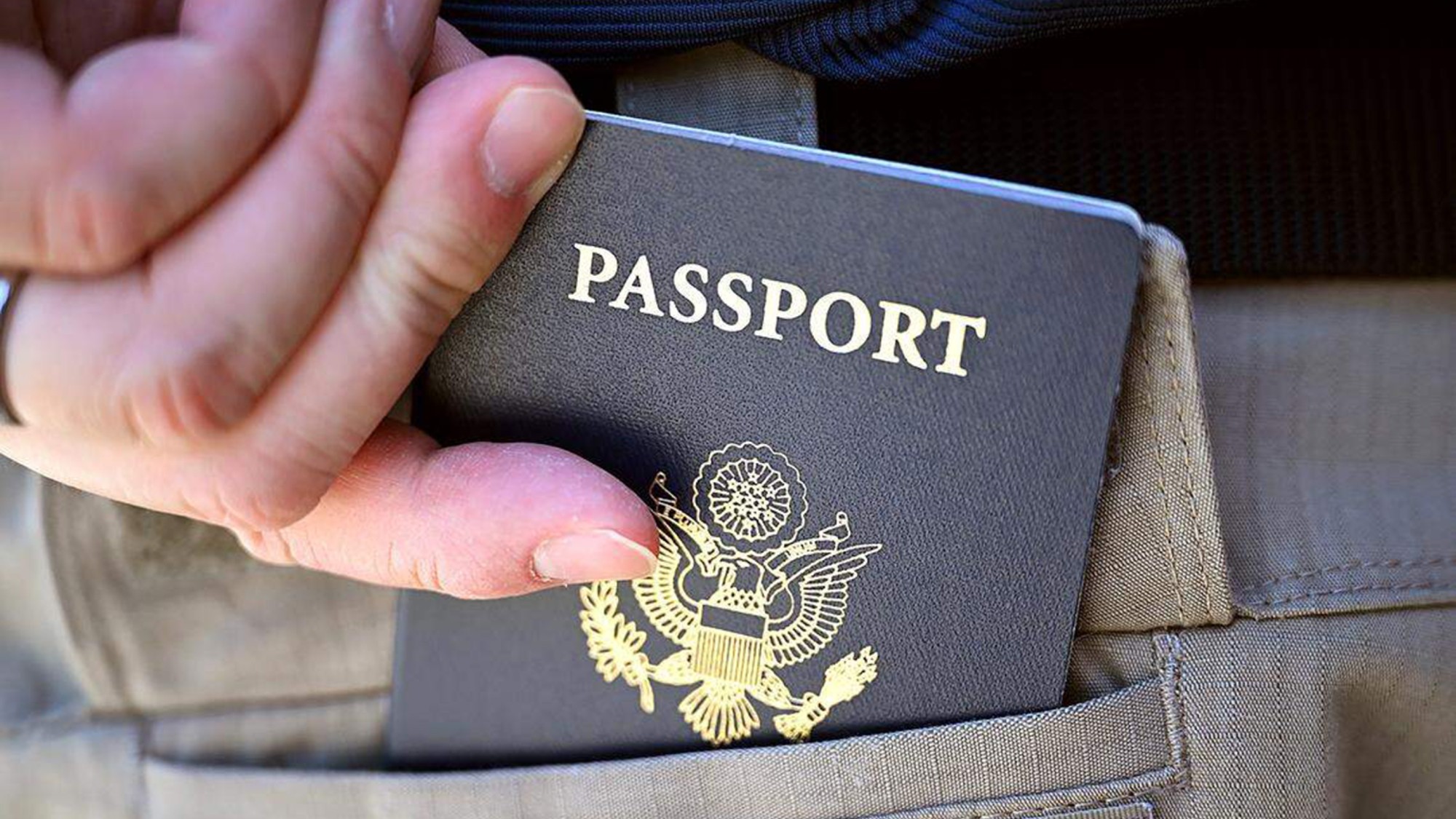How drunk-driving laws make our roads less safe
Focusing on how much alcohol is in a driver's bloodstream doesn't work, says Radley Balko in Reason. Police should be targeting people, drunk or sober, who are driving recklessly

It is time to repeal our drunk driving laws, says Radley Balko at Reason. They don't make our roads any safer. In fact, after the 2000 federal law pressuring states to lower their blood-alcohol content (BAC) levels defining drunkenness behind the wheel to 0.08 percent, "alcohol-related traffic fatalities increased." We shouldn't have been surprised. Most people with that level of alcohol in their bloodstream "don't drive erratically enough to be noticed by police officers in patrol cars," so police have to set up roadblocks to catch them. The trouble is, every cop who spends hours delaying innocent motorists in the hope of nabbing a few who are tipsy is a cop who isn't on the highways looking for drivers who are truly dangerous. Here, an excerpt:
The threat posed by drunk driving comes not from drinking per se but from the impairment drinking can cause. That fact has been lost in the rush to demonize people who have even a single drink before getting behind the wheel (exemplified by the shift in the government's message from "Don't Drive Drunk" to "Don't Drink and Drive"). Several studies have found that talking on a cell phone, even with a hands-free device, causes more driver impairment than a 0.08 BAC. A 2001 American Automobile Association study found several other in-car distractions that also caused more impairment, including eating, adjusting a radio or CD player, and having kids in the backseat...
If our ultimate goals are to reduce driver impairment and maximize highway safety, we should be punishing reckless driving. It shouldn't matter if it's caused by alcohol, sleep deprivation, prescription medication, text messaging, or road rage. ... Singling out alcohol impairment for extra punishment isn't about making the roads safer. It's about a lingering hostility toward demon rum.
The Week
Escape your echo chamber. Get the facts behind the news, plus analysis from multiple perspectives.

Sign up for The Week's Free Newsletters
From our morning news briefing to a weekly Good News Newsletter, get the best of The Week delivered directly to your inbox.
From our morning news briefing to a weekly Good News Newsletter, get the best of The Week delivered directly to your inbox.
Read the full article at Reason.
A free daily email with the biggest news stories of the day – and the best features from TheWeek.com
-
 US citizens are carrying passports amid ICE fears
US citizens are carrying passports amid ICE fearsThe Explainer ‘You do what you have to do to avoid problems,’ one person told The Guardian
-
 All roads to Ukraine-Russia peace run through Donetsk
All roads to Ukraine-Russia peace run through DonetskIN THE SPOTLIGHT Volodymyr Zelenskyy is floating a major concession on one of the thorniest issues in the complex negotiations between Ukraine and Russia
-
 Why is Trump killing off clean energy?
Why is Trump killing off clean energy?Today's Big Question The president halts offshore wind farm construction